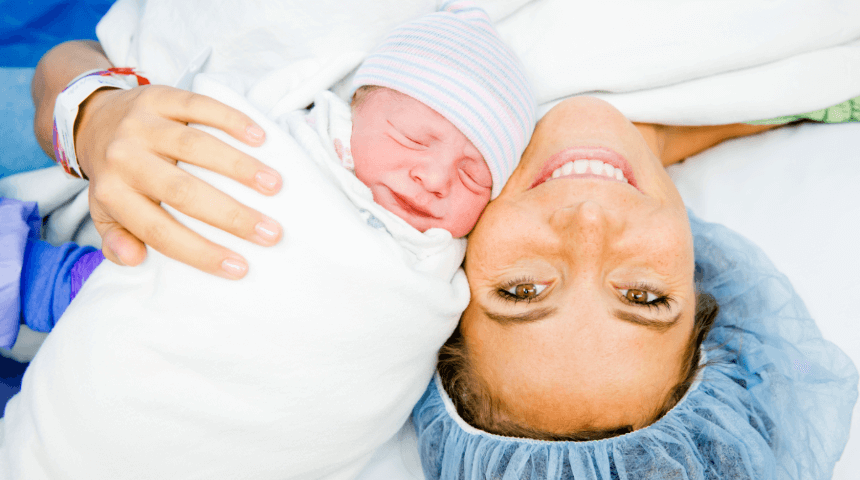It’s not unusual to get an occasional headache when you’re pregnant, and it’s typically nothing dangerous. But there are serious conditions that can cause headaches, so pay attention to how frequently you get them and watch for symptoms like weakness, vision changes, vomiting and severe pain.
What Causes Headaches During Pregnancy
- During pregnancy, you’re likely experiencing fluctuations in your levels of estrogen and progesterone. These hormone changes can cause blood vessels to expand or tighten, which can trigger headaches.
- Pregnancy, especially later trimesters, increases the volume of blood flow, which places more pressure on blood vessels.
- Dehydration is a very common cause. A woman who isn’t pregnant needs 2 to 3 liters a day. Pregnant women should consume 3 to 4 liters of water per day.
- If you were already predisposed to migraines before getting pregnant, you’re more likely to have them during pregnancy especially in the first trimester.
- If you regularly drink caffeine, cutting back when you become pregnant might cause headaches. It’s OK for you to have one or two cups of coffee a day—up to 200mg/day. The caffeine headaches might go away after two weeks. However, this kind of headache could last longer.
- Lack of sleep, increased stress and fatigue can also cause frequent headaches.
If you have a headache, eat a snack, drink some water and rest. You can take up to two pills of 500 mg of acetaminophen in one dose. If the headache doesn’t go away, you can take another full dose in six hours. If you still have a headache, it might be something more serious.
Abnormal Causes for Pregnancy Headaches
Preeclampsia. If your headache only began around 20 weeks of pregnancy and doesn’t subside, even with medication, you may have preeclampsia, which falls under the umbrella of hypertensive disorders. This is a more likely cause if your blood pressure is high.
Severe Preeclampsia. Preeclampsia shows up to varying degrees. In its more severe form, you could also experience nausea and vomiting, right upper abdominal pain, chest pain and seizures
Neurological Conditions. It’s crucial to watch for symptoms that may indicate a neurological condition.
- Numbness or weakness
- Vision changes
- Changes in consciousness
Subarachnoid Hemorrhage. If you’re experiencing the worst headache of your life and it came on suddenly, this requires immediate medical attention. It could be a subarachnoid hemorrhage, which involves bleeding between the brain and the tissues that cover the brain. It’s a rare occurrence, but pregnancy can raise the risk slightly.
How You Can Avoid Headaches
- First, stay hydrated. Most people don't monitor their water intake, making it challenging to determine if they’ve had enough. If you drink from the same water bottle every day and track how many times you refill, or rely on another system, you’re more likely to consume the amount you need.
- Daily magnesium oxide supplements between 200 mg and 400 mg help stabilize blood vessels and calm nerve excitability.
- Eat frequently to keep blood sugar levels stable. A drop in blood sugar can trigger a headache. Avoid waiting many hours between meals. Snack when hungry and carry snacks with you.
- Get enough sleep. If sleep eludes you, see your obstetrician. They can prescribe a sleep medication that’s safe for pregnant women.
- Manage stress levels. Pregnancy can be stressful, so avoid situations that further exacerbate your mental and emotional load.
Talk To Your Doctor
If you have any concerns, talk to your obstetrician. They can refer you to a specialist in maternal fetal medicine, who might send you to a doctor in neurology if your condition needs further evaluation. Your concern will be addressed, and you’ll receive the care you need.
Content is not AI generated.




